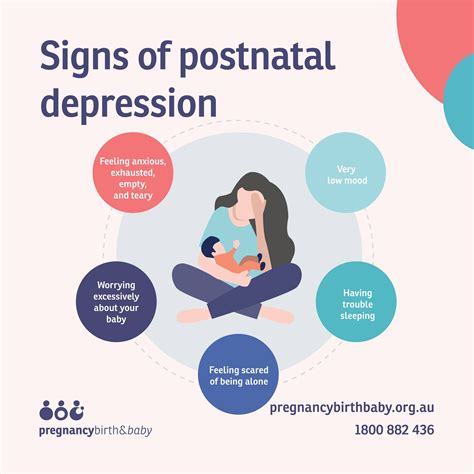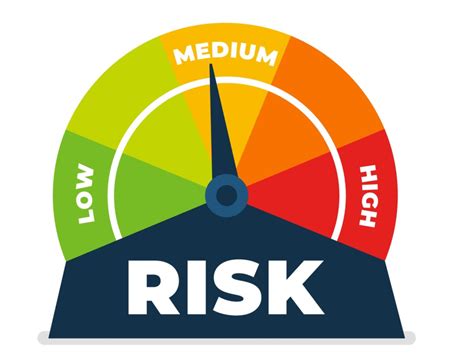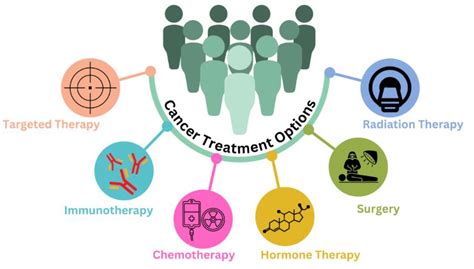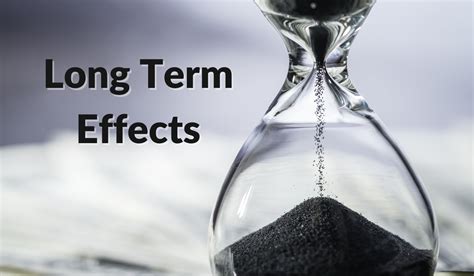Intro
Postpartum depression is a complex and multifaceted condition that can affect women after childbirth. It is essential to understand that postpartum depression can manifest in different ways and at various times, making it crucial for new mothers to be aware of the signs and symptoms. Postpartum depression can begin at any point after childbirth, and it is not uncommon for women to experience symptoms during the first few weeks or months after giving birth. However, it can also start later, sometimes up to a year after childbirth. The exact timing of when postpartum depression can begin varies from woman to woman, and it is often influenced by a combination of factors, including hormonal changes, emotional state, and social support.
The postpartum period is a time of significant physical, emotional, and hormonal changes, which can contribute to the development of postpartum depression. After childbirth, women experience a dramatic drop in estrogen and progesterone levels, which can lead to mood swings, anxiety, and feelings of sadness. Additionally, the stress of caring for a new baby, lack of sleep, and changes in relationships can exacerbate these feelings, making it more challenging for women to cope. It is essential for new mothers to recognize that postpartum depression is not a sign of weakness or a personal failing, but rather a common condition that can be treated with the right support and care.
Understanding the risk factors and signs of postpartum depression is crucial for early detection and intervention. Women who have a history of depression, anxiety, or other mental health conditions are more likely to experience postpartum depression. Other risk factors include a family history of mental health conditions, a history of trauma or abuse, and lack of social support. Symptoms of postpartum depression can vary, but common signs include feelings of sadness, hopelessness, and guilt, as well as changes in appetite, sleep patterns, and energy levels. Women may also experience anxiety, irritability, and difficulty bonding with their baby. If left untreated, postpartum depression can have serious consequences for both the mother and the baby, making it essential to seek help and support as soon as possible.
What Are the Signs and Symptoms of Postpartum Depression?

Some common signs and symptoms of postpartum depression include:
- Feelings of sadness, hopelessness, and guilt
- Anxiety, irritability, and mood swings
- Changes in appetite, sleep patterns, and energy levels
- Difficulty bonding with the baby
- Feelings of isolation and disconnection from others
- Suicidal thoughts or feelings of wanting to harm oneself or the baby
- Difficulty concentrating and making decisions
- Physical symptoms such as headaches, stomachaches, and muscle pain
How Is Postpartum Depression Diagnosed?
Postpartum depression is typically diagnosed through a combination of physical and psychological evaluations. Healthcare providers may use a variety of screening tools, such as the Edinburgh Postnatal Depression Scale (EPDS), to assess symptoms and determine the severity of the condition. A thorough medical history, including any previous mental health conditions, is also essential for diagnosis. In some cases, healthcare providers may perform physical exams or order laboratory tests to rule out other medical conditions that may be contributing to symptoms.What Are the Risk Factors for Postpartum Depression?

How Can Postpartum Depression Be Prevented?
While postpartum depression cannot be entirely prevented, there are several steps that women can take to reduce their risk. These include: * Building a strong support system, including partner, family, and friends * Practicing self-care, such as exercise, meditation, and relaxation techniques * Seeking social support from online communities or support groups * Staying connected with healthcare providers and attending follow-up appointments * Being open and honest about feelings and symptoms * Considering counseling or therapy to address underlying issuesWhat Are the Treatment Options for Postpartum Depression?

Some common treatment options for postpartum depression include:
- Cognitive-behavioral therapy (CBT)
- Interpersonal therapy (IPT)
- Medications, such as antidepressants
- Lifestyle changes, such as regular exercise and healthy eating
- Support groups and online communities
- Self-care practices, such as meditation and relaxation techniques
How Can Partners and Family Members Support Women with Postpartum Depression?
Partners and family members can play a critical role in supporting women with postpartum depression. This can include: * Listening and validating feelings * Providing emotional support and reassurance * Helping with childcare and household responsibilities * Encouraging self-care and relaxation techniques * Accompanying women to healthcare appointments * Being patient and understandingWhat Are the Long-Term Effects of Postpartum Depression?

How Can Women Cope with Postpartum Depression?
Coping with postpartum depression requires a combination of self-care, social support, and professional help. Women can start by: * Practicing self-compassion and self-forgiveness * Reaching out to friends, family, and support groups * Engaging in regular exercise and healthy eating * Getting sufficient sleep and rest * Seeking professional help, such as therapy and medication * Being open and honest about feelings and symptomsWhat Resources Are Available for Women with Postpartum Depression?

How Can Women Advocate for Themselves and Others with Postpartum Depression?
Women can advocate for themselves and others with postpartum depression by: * Speaking openly and honestly about their experiences * Seeking support from healthcare providers and mental health professionals * Connecting with other women who have experienced postpartum depression * Participating in online communities and support groups * Sharing their stories and raising awareness about postpartum depression * Advocating for policy changes and increased funding for mental health servicesWhat is postpartum depression?
+Postpartum depression is a complex and multifaceted condition that can affect women after childbirth, characterized by feelings of sadness, hopelessness, and guilt.
What are the signs and symptoms of postpartum depression?
+Common signs and symptoms of postpartum depression include feelings of sadness, hopelessness, and guilt, as well as anxiety, irritability, and mood swings.
How is postpartum depression diagnosed?
+Postpartum depression is typically diagnosed through a combination of physical and psychological evaluations, including screening tools and a thorough medical history.
What are the treatment options for postpartum depression?
+Treatment for postpartum depression typically involves a combination of therapy, medication, and lifestyle changes, including cognitive-behavioral therapy, interpersonal therapy, and antidepressants.
How can partners and family members support women with postpartum depression?
+Partners and family members can support women with postpartum depression by listening and validating feelings, providing emotional support and reassurance, and helping with childcare and household responsibilities.
As we conclude our discussion on postpartum depression, it is essential to remember that this condition affects not only the mother but also the entire family. By promoting awareness, understanding, and support, we can work together to create a more compassionate and inclusive environment for women and families affected by postpartum depression. If you or someone you know is experiencing symptoms of postpartum depression, please do not hesitate to reach out for help. Share this article with others, and let's work together to break the stigma surrounding mental health and promote a culture of care and understanding.
